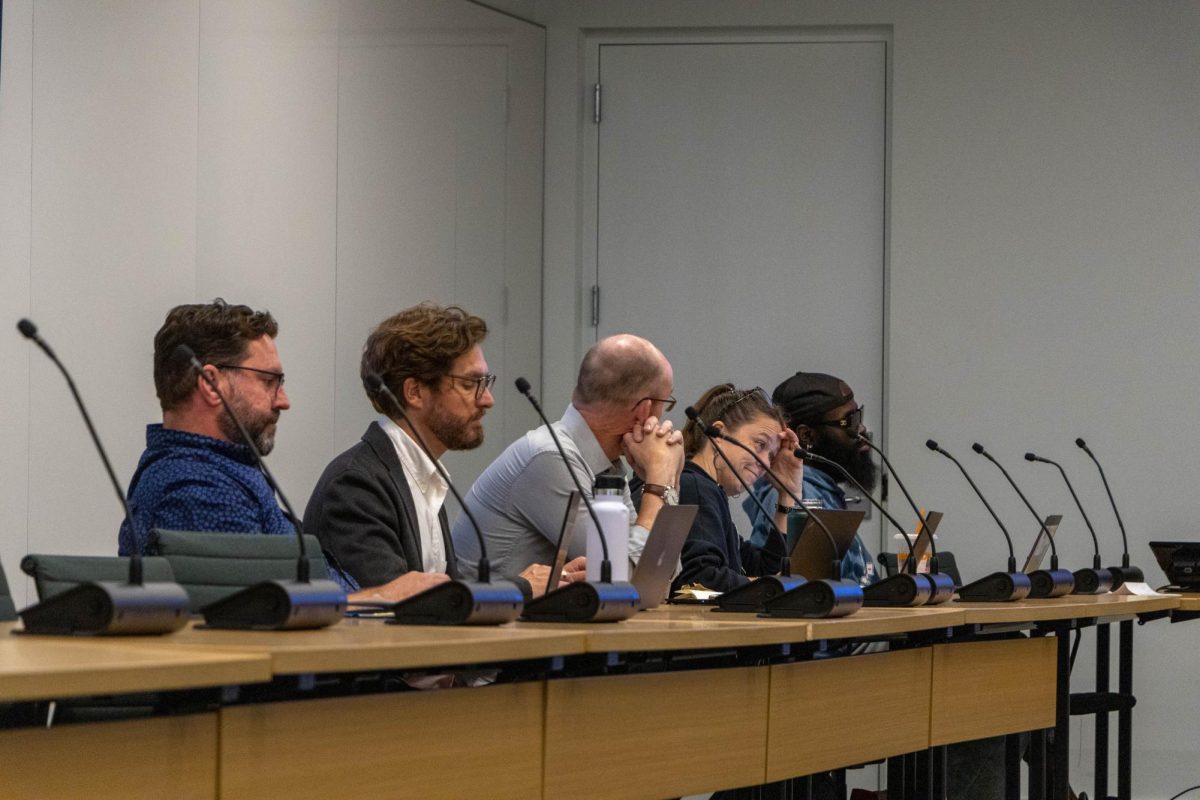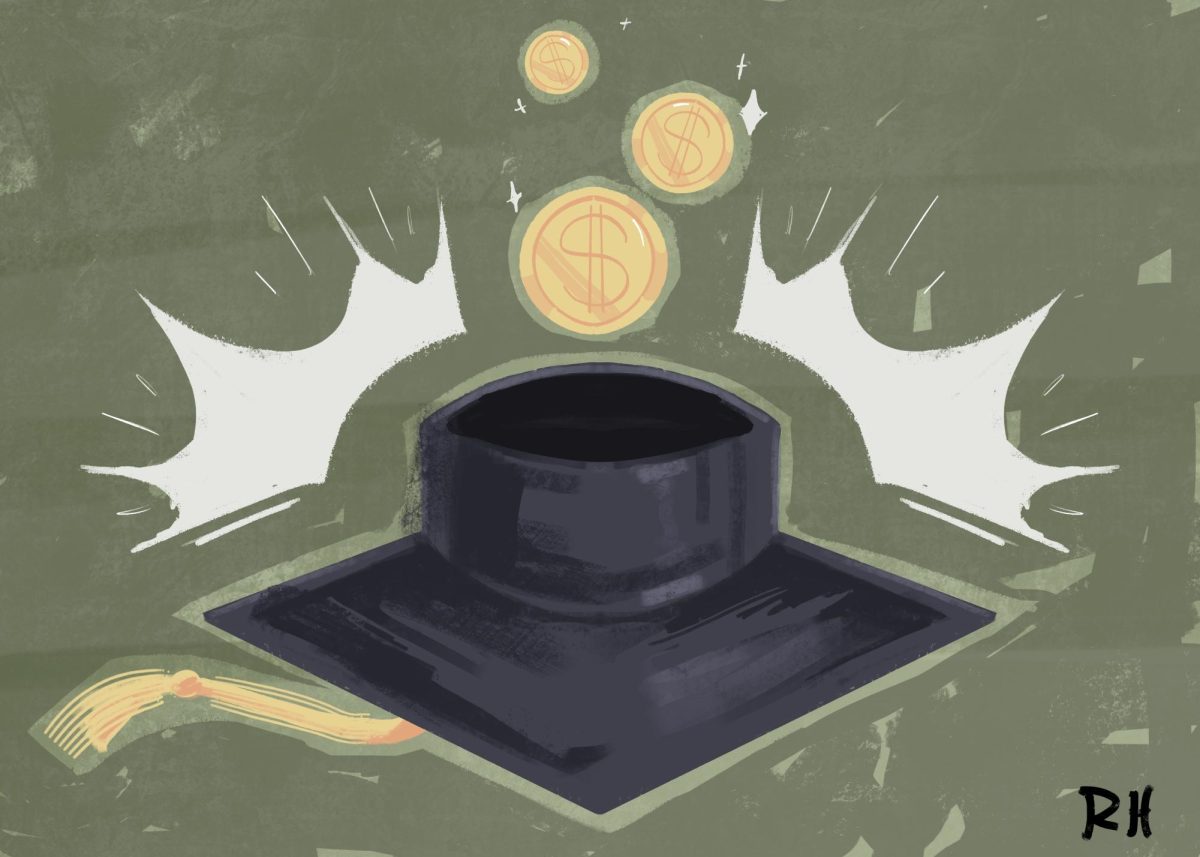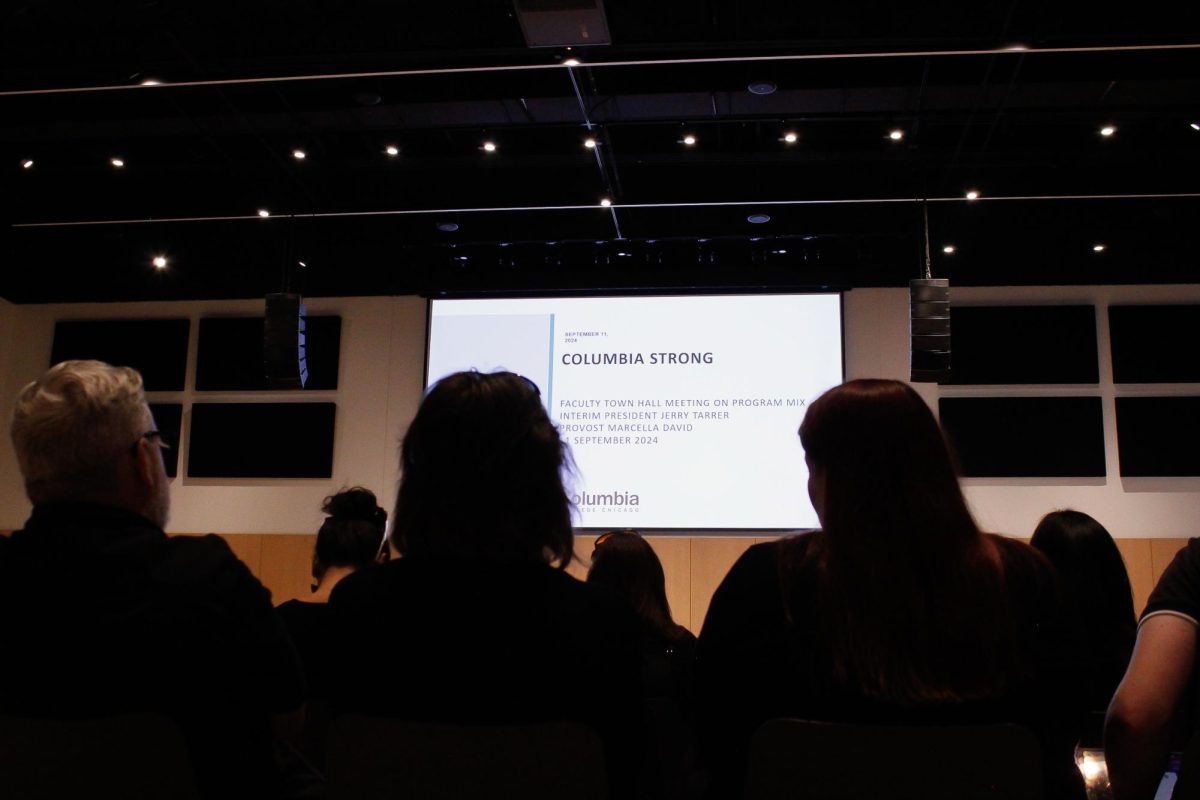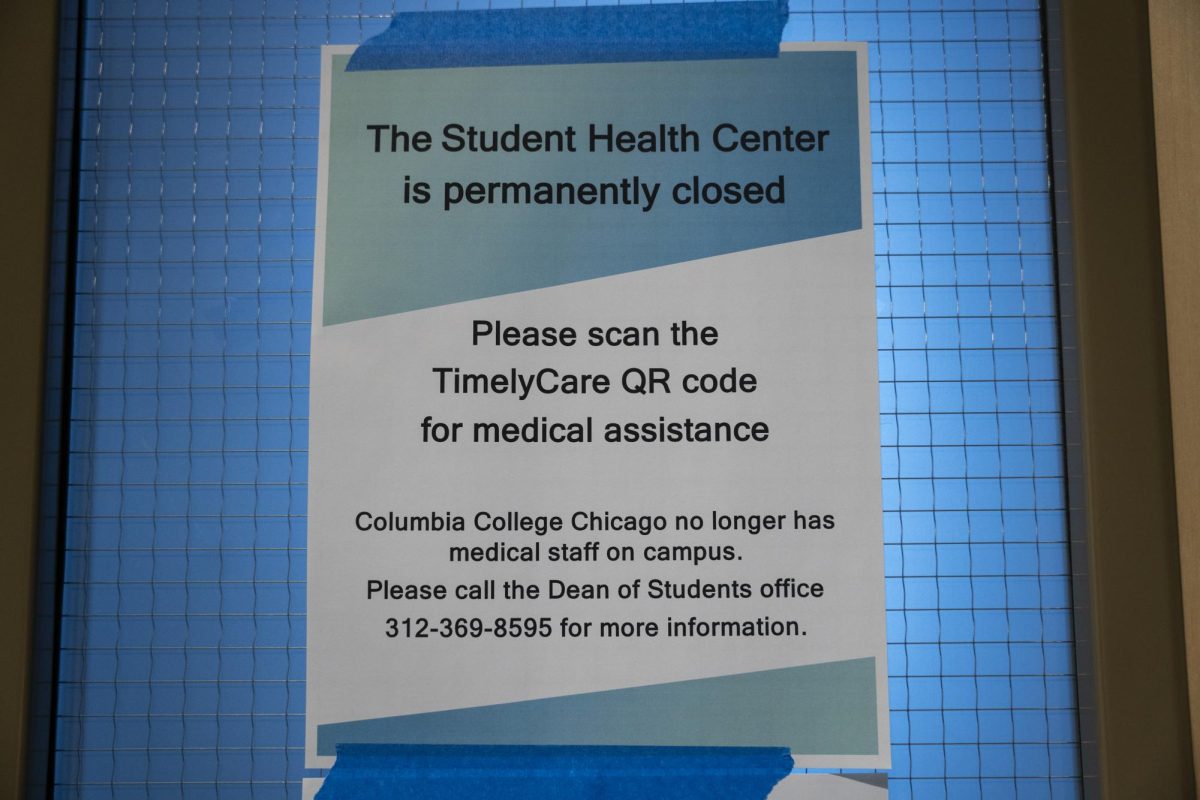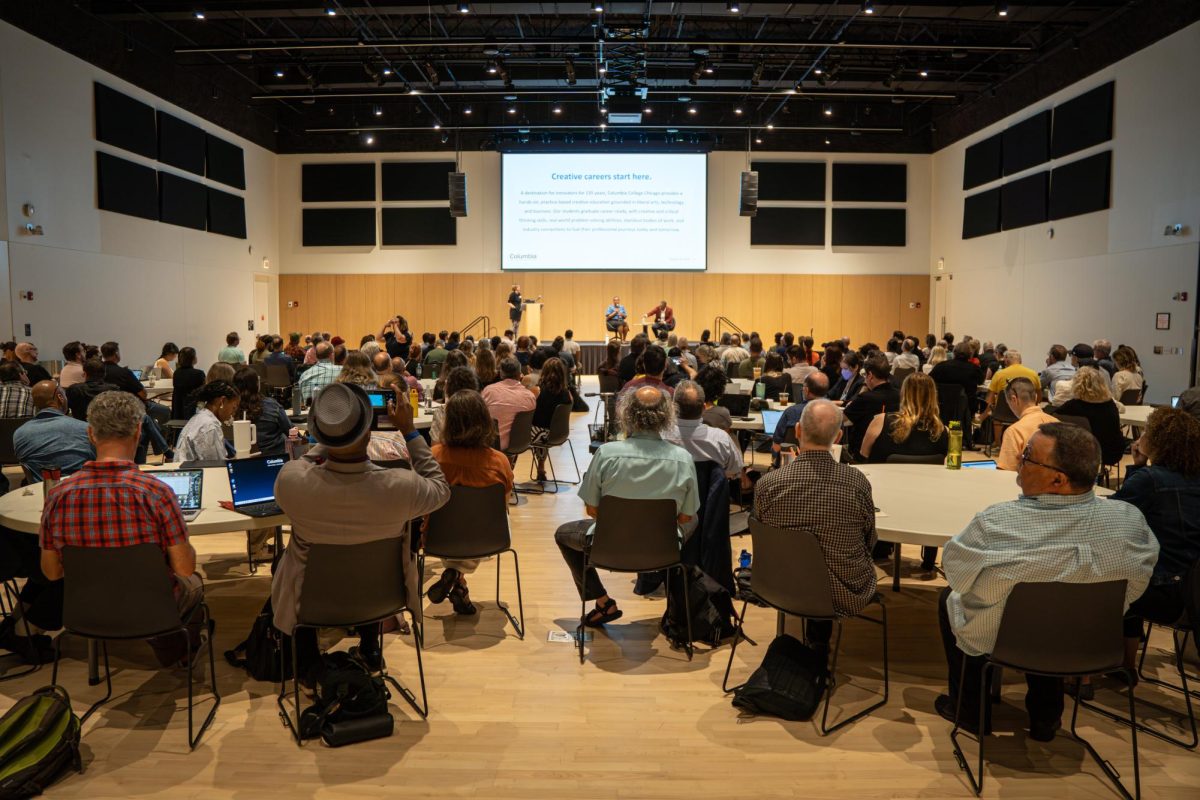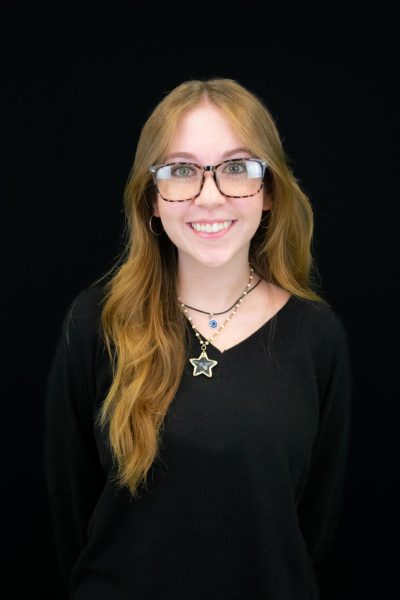The college is giving full-time faculty and non-union and union staff a 3% raise.
Full-time faculty and staff raises are commonly announced in late spring. This year, it was announced just as the fall semester got underway.
Faculty Senate President Rojhat Avsar also told the Chronicle that full-time faculty were not expecting a raise this year “considering the financial circumstances.”
The college has been making changes to minimize a $38 million deficit through layoffs, sale of real estate, and other budget cuts around campus. At an All-College meeting just before the semester began, interim President and CEO Jerry Tarrer announced those efforts have brought the deficit down to $17 million for the beginning of the 2025 fiscal year which started Sept. 1.
“It is welcome news,” Avsar said of the raises.
Columbia has 233 full-time faculty.
Avsar, an associate professor in the School of Communication and Culture, said the raise “helps the full-time faculty who have been feeling the squeeze of inflation in the Chicago area, and can help make up some of the lost ground to inflation.”
On Wednesday, Sept. 4, full-time faculty and staff received an email from the Office of the President saying that although expenses at the college are being closely monitored, “we are committed to investing in faculty and staff.”
The 3% increase became effective on Sunday, Sept. 1 for staff and full-time faculty who were hired at the college before March 1, 2024. No merit raises will be given this year, and the next performance-based evaluations will take place in summer of 2025.
Members of the Faculty Senate talked about the raise during their scheduled meeting on Friday, Sept. 6.
Union and non-union staff also got a 3% increase. The college’s staff union, the United Staff of Columbia College, has been negotiating a new contract for months. Full-time faculty do not engage in collective bargaining but have an advocacy chapter of the American Association of University Professors.
.
Staff Union President Craig Sigele, an academic manager in the School of Communication and Culture, said this raise is separate from those bargaining talks, which include compensation, paid time off, vacation and sick days.
“They’ve always given the across-the board-raises to non-union staff and faculty.” Sigele said. “We weren’t told ahead of time, so big surprise.”
The college laid off 70 staff across campus in May, including four therapists in the Counseling Center, four librarians, two academic advisors and nine staff members in the tutoring office. Six people who work in student financial aid also lost their jobs. In these layoffs, 53 staff union members lost their jobs.
Michael Caplan, the new president of the college’s AAUP chapter, said that since faculty don’t have a clear idea of what the plan is for the college, it’s “hard to evaluate how this will impact the college financially.”
“Of course, everyone’s happy to get an increase in pay. But the reality is, all full time faculty are significantly behind inflation in terms of their pay level compared to a few years ago,” said Caplan, associate professor in the School of Film and Television. “So, it’s welcome, but it’s really just a small piece of where we should be.”
Joan Giroux, professor in the School of Visual Arts, said that most faculty and staff at the college are probably earning, “with their buying power, less money than when they started working at the college.”
“I think that it is the responsibility of an employer to keep their employees salaries consistent with the cost of living,” said Giroux, the AAUP chapter’s immediate past president. “While this salary increase does address generally the cost of living adjustment for the past year inflation, we did not get cost of living adjustments for so many years.” Giroux said.
Giroux said that she was hired by Columbia in 2006 at a salary of $60,000 and that her current base pay is $85,574
“The point I’m trying to make is that I was hired to work here in 2006, and I am now essentially earning less money when adjusted for inflation than I was when I was hired, even though the administrators, I think, they have not taken that kind of a cut.” Giroux said.
She added that the college talks “a lot about the idea of diversity, equity and inclusion, but there is very little equity at the college on an economic level.”
Avsar, who teaches economics, said in an interview with the Chronicle that according to his own research on inflation in the Chicago area, $100 in the start of 2020 is equivalent to $82 in 2024 based on its “real purchasing power.”
During the Faculty Senate meeting, the names of the full-time faculty who accepted buyouts through the college’s Voluntary Separation Incentive Program were announced.
The buyouts were offered to select full-time faculty in the former Science and Mathematics, English and Creative Writing, Humanities, History, and Social Sciences departments. It also offered buyouts to faculty in the former creative arts therapies and education programs.
The Voluntary Separation Incentive Program was aimed towards faculty who would most be affected by the reduction of core credits, which the college reduced from 42 to 30 this fall.
Of the 18 full-time faculty members were offered a buyout, 11 accepted:
- Andrew Causey, professor in the former anthropology professor in the Department of Humanities, History, and Social Sciences.;
- Ava Belisle-Chatterjee, associate professor in the former Humanities, History and Social Sciences Department;
- Wilfredo Cruz, associate professor in the former Humanities, History and Social Sciences Department;
- Susan Imus, associate professor in the former Dance Department;
- Eric May, associate professor in the former English and Creative Writing department;
- Thomas Nawrocki, professor in the former English and Creative Writing Department;
- Katie Paciga, professor in the former Humanities, History and Social Sciences Department.;
- Teresa Prados Torreira, professor in the former Humanities, History and Social Sciences Department;
- Jeff Schiff, professor in the former English and Creative Writing Department;
- David Trinidad, professor in the former English and Creative Writing Department and
- Jessica Young, associate professor in the former Dance department.
Six faculty members also retired:
- Adam Brook, professor in the former Art | Design Department;
- Ron Falzone, associate professor in the former Cinema and Television Arts department;
- Virginia Heaven, professor in the former Art | Design Department;
- Ann Hemenway, professor in the former English and Creative Writing Department;
- Deborah Holdstein, professor in the former English and Creative Writing Department and
- Michael Niederman, professor in the former Cinema and Television Arts Department.
The college will hold a town hall on Wednesday, Sept. 11 on the fifth floor of the Student Center to discuss the findings of the consultant hired to review Columbia’s academic programs and recommend which programs should be cut or merged.
Interim President Tarrer and Senior Vice President and Provost Marcella David will lead the meeting, which is open to all faculty.
Avsar told senators that the executive committee asked for more information about what exactly will be discussed and what information may be shared in advance, but he has not received a response.
Copy edited by Manuel Nocera
Resumen en Español
Columbia este mes anunció la reducción del déficit, y un aumento de salario de 3% para la facultad y trabajadores de tiempo completo. El déficit fue reducido de $38 millones a $17 millones, por la venta de bienes raíces, despidos, y otros recortes del presupuesto que permitió el aumento de salario a la facultad y trabajadores. En un correo, la oficina de la administración comunicó que aunque seguirán monitoreando los gastos de la universidad, están “comprometidos a invertir en la facultad y personal”.
Resumen por Sofía Oyarzún


